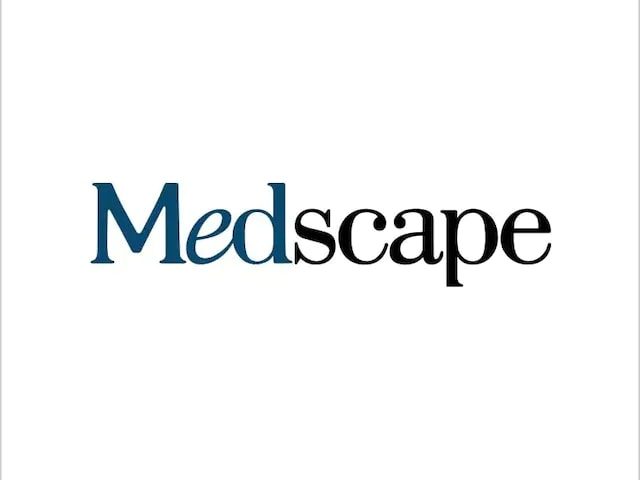LONDON (Reuters) – GSK chief executive Emma Walmsley on Wednesday made replenishing the drugmaker’s pipeline of vaccines and therapies her number-one priority.
But analysts were disappointed she did not give more details on how she and her management team plan to find the company’s next set of blockbuster drugs.
The current pipeline will sustain growth through the end of this decade and beyond, Walmsley said on a call after the world’s biggest vaccine maker reported stronger than expected fourth-quarter results.
But analysts say there is not enough in the medicine cabinet to keep the momentum going even beyond the next few years.
Investors were particularly keen to hear about the pipeline strategy after GKS spun off Haleon, its consumer health products business, which makes Sensodyne toothpaste and other staples last July, providing cash to supplement its drugs pipeline.
GSK largely missed out on the lucrative market for COVID-19 vaccines, but has had a string of strong quarters after years of underperformance relative to its peers.
Fourth-quarter results were boosted by sales of its HIV drugs and its blockbuster shingles vaccine Shingrix.
But after an early burst higher, GSK’s shares on London’s blue-chip FTSE 100 ended down 0.2%.
“We didn’t really learn a lot new today in terms of their efforts to broaden out the pipeline,” said Barclays analyst Emily Field.
The loss of patent protection by 2027 for dolutegravir, the compound that forms part of four GSK’s HIV treatments, is a particular concern because this puts more than 5 billion pounds ($6.2 billion) of sales at risk, Sebastian Skeet, healthcare analyst at research firm Third Bridge.
Among a handful of prospects, GSK is leaning primarily on its vaccine targeted at the respiratory syncytial virus (RSV), which causes thousands of hospitalisations and deaths each year, to least partially offset that loss.
It has been submitted for regulatory review in the United States, European Union and Japan.
But with rivals Pfizer and Moderna also competing for a slice of the estimated $10 billion market, some analysts expect GSK may end up with only a portion of that, Skeet told Reuters.
Source: Read Full Article
